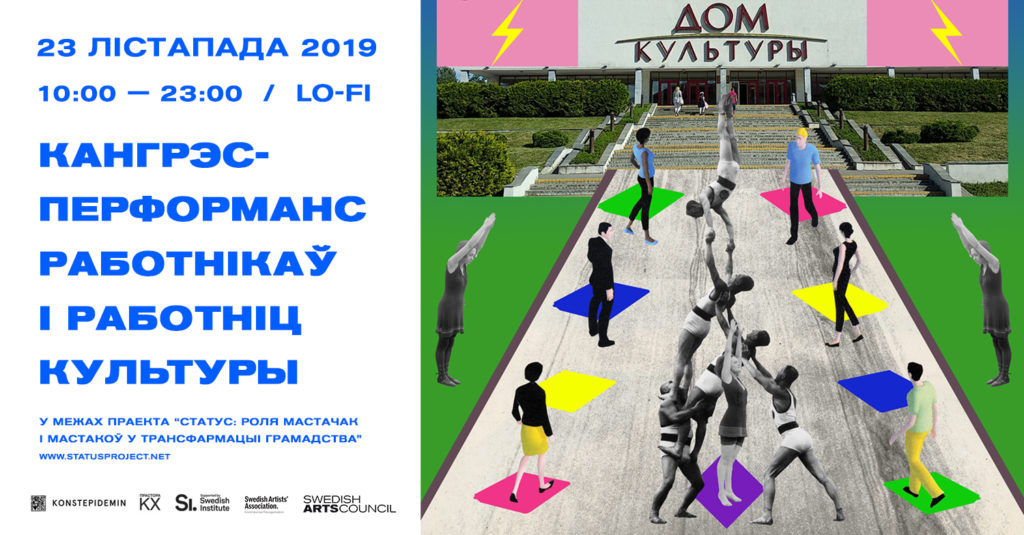Kontakt
- Konstepidemin
- Konstepidemins väg 6
- 413 14 Göteborg
- Sweden
- Hitta hit
- T: 031-82 90 90
- E: info@konstepidemin.se
The Art of (not) Forgetting: Site-specific Installation & Artist talk
— Olga Bubich (Belarus)
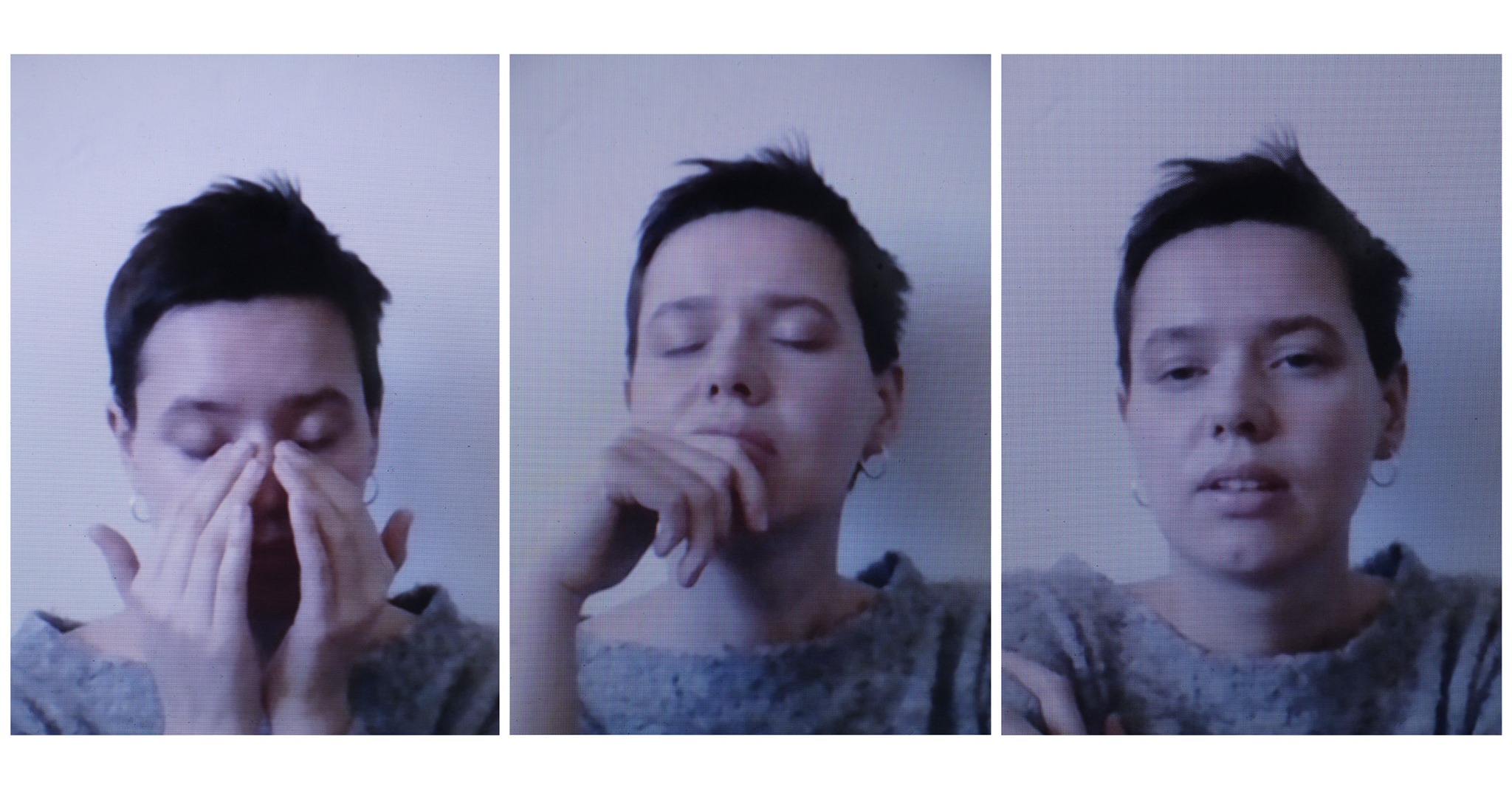
Belarusian photographer, photo critic, lecturer and translator Olga Bubich present her work “The Art of (not) Forgetting” in both an online talk and a site-specific installation at Konstepidemin.
Join the online talk on Wednesday March 24th at 18.30-19.30
Zoom: https://us02web.zoom.us/j/81567940589
Exhibition
Welcome to visit Olga’s installation at Konstepidemin Thursday 25 March – Wednesday 7 April.
(Next to Pannrummet, in the Corridor between house 2 & 3). The space is limited to one person at a time.
About
Memory is what makes us who we are, it outlines and fills in our ”self”, draws the contours of our personal perception of ”here and now” and shapes a retrospective analysis of past decisions and actions. In case of serious memory impairment, ”self” crumbles, turning a person into a set of reactions – a mechanism that needs to be provided with water, food and sleep.
However, in addition to individual memories we all have, memory, in its constant transformation, functions at many other levels: one can talk about the memory of family and kin, the memory of people and nation. Remembering who you were yesterday and who you are today shapes the history of your future tomorrow. Realizing the extreme importance of memories transmitted both in oral stories and cultural artifacts, in any historical period the authorities tried to gain control over people’s recollections – to impose “the right way” of remembering. Censored, or ”wrong”, works of art and literature were destroyed: in Nazi Germany in the 1930s, books that went against the official ideology were publicly burned; the same happened to the books during ”Cultural Revolution” in China in 1960-1970 or Kurdish literature in 1946 Iran. However, again, as history shows, the desire to remember appears to be stronger than repressions – the poems of Osip Mandelstam – a poet, repressed by the Stalinist regime, are with us today: his wife Nadezhda learned them by heart.
The power of memory also lies in the amazing solidarity and sense of community it can bring us to experience. By sharing stories and listening to those of others, we understand that, with both our most painful and emotionally charged memories, we are actually never alone. Each of us certainly can recall diving deep into moments of the very miracle of life, a connection we suddenly felt with the world “bigger than us”, episodes of realizing our unique missions or immersing in unexpected beauty – inside and beyond.
“The Art of (not) Forgetting” by Minsk-based photographer and art critic Olga Bubich brings together portraits of Belarusian women made in the moment of “recalling” (1) what they would like to forget, and (2) what they would like to always remember. It includes 40 memories which, here and now, in a moment historical for their country, they are eager to share in order to remind both us and themselves that the sincerity of our memory is our common tomorrow. Books can be burned, textbooks – rewritten, but the memory of a person, a family, a people and a nation will remain. Because there is always someone to learn poems by heart and be ready to share them with those to come.
OLGA BUBICH
Belarusian photographer, photo critic, photobook reviewer, lecturer and translator.
www.bubich.by
STATUS project – Art Residency
During 2021 artists and cultural workers from Belarus have a possibility to live and work at Konstepidemin in Gothenburg. The artists will be matched with artists from West Sweden Region, a “Residence Companion” to support a personal exchange of artistic work.
www.statusproject.net
STATUS project – Art Residency is supported by the Swedish Institute and Iaspis – The Swedish Arts Grants Committee’s International Programme for Visual and Applied Artists.
Med stöd från/I samarbete med
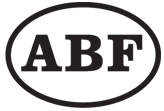

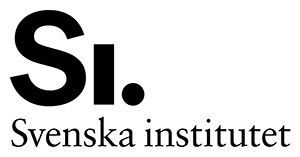
Relaterat innehåll

New Art Residency at Konstepidemin for cultural workers from Belarus
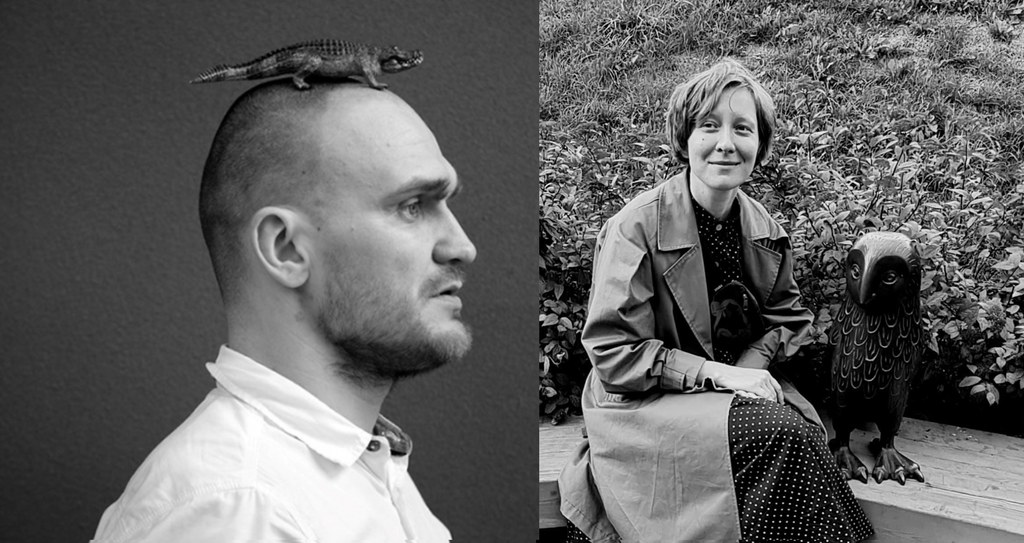
Yury Dzivakou och Tatsiana Dzivakova

Bazinato

Yauhen Attsetski
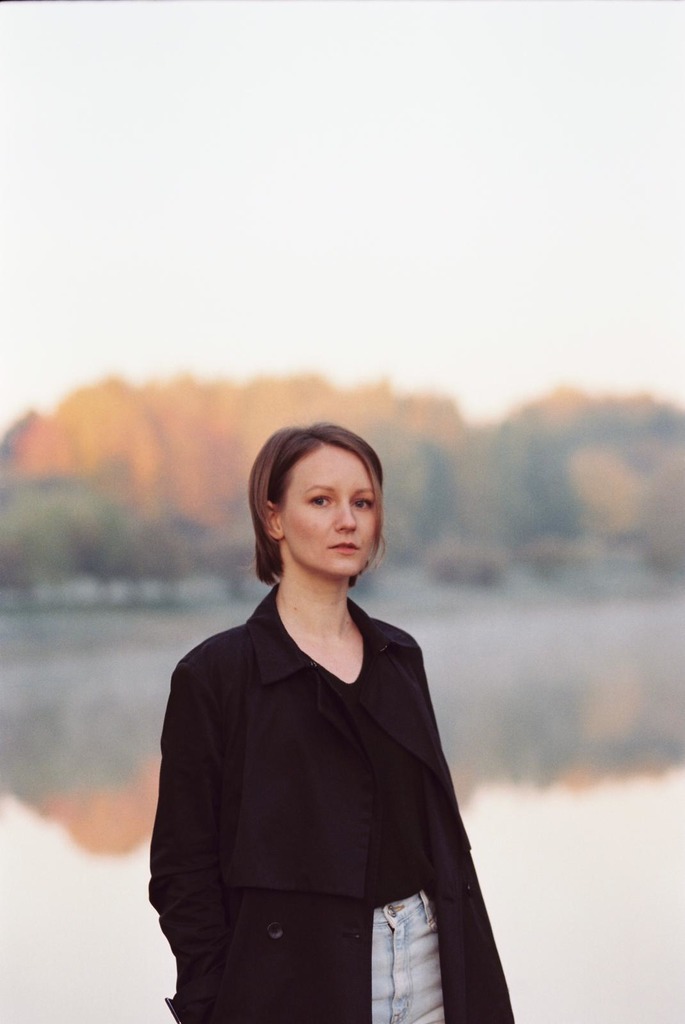
Ilona Dergach
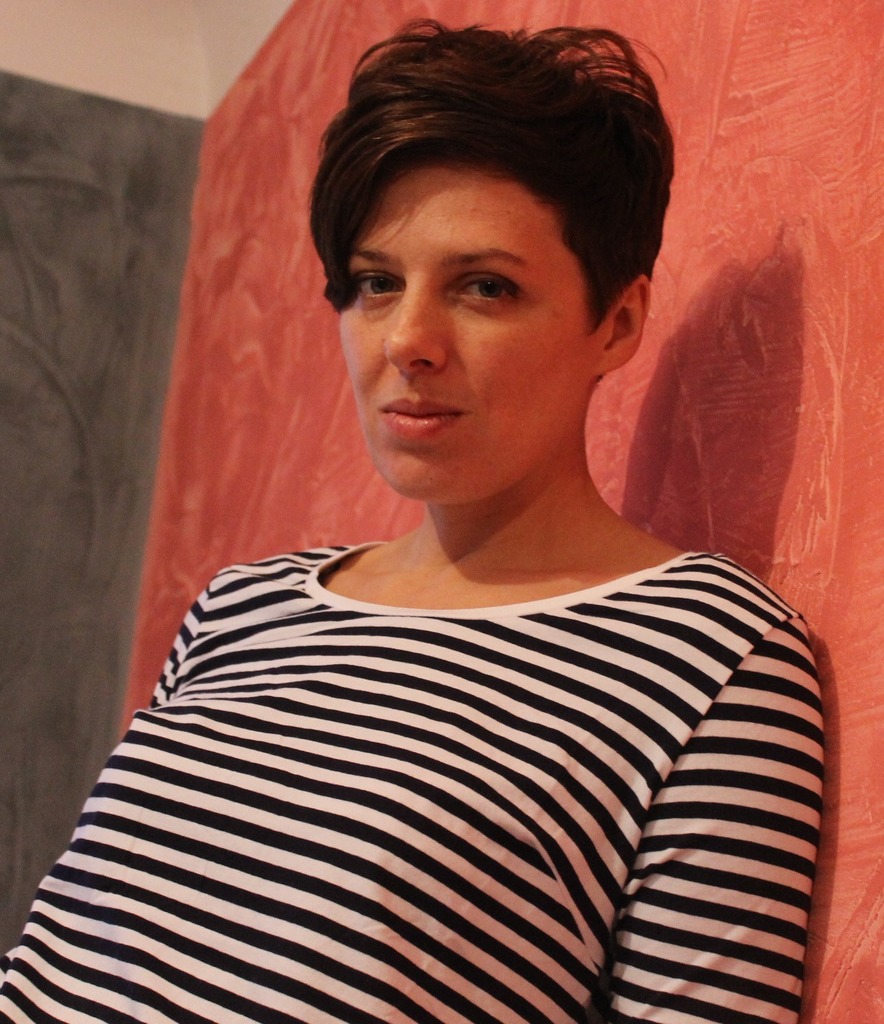
Aksana Haiko
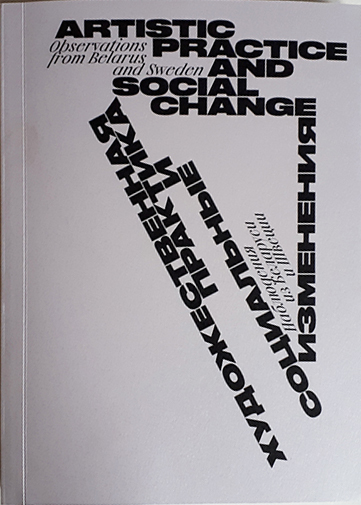
Artistic Practice and Social Change – Observations from Sweden and Belarus
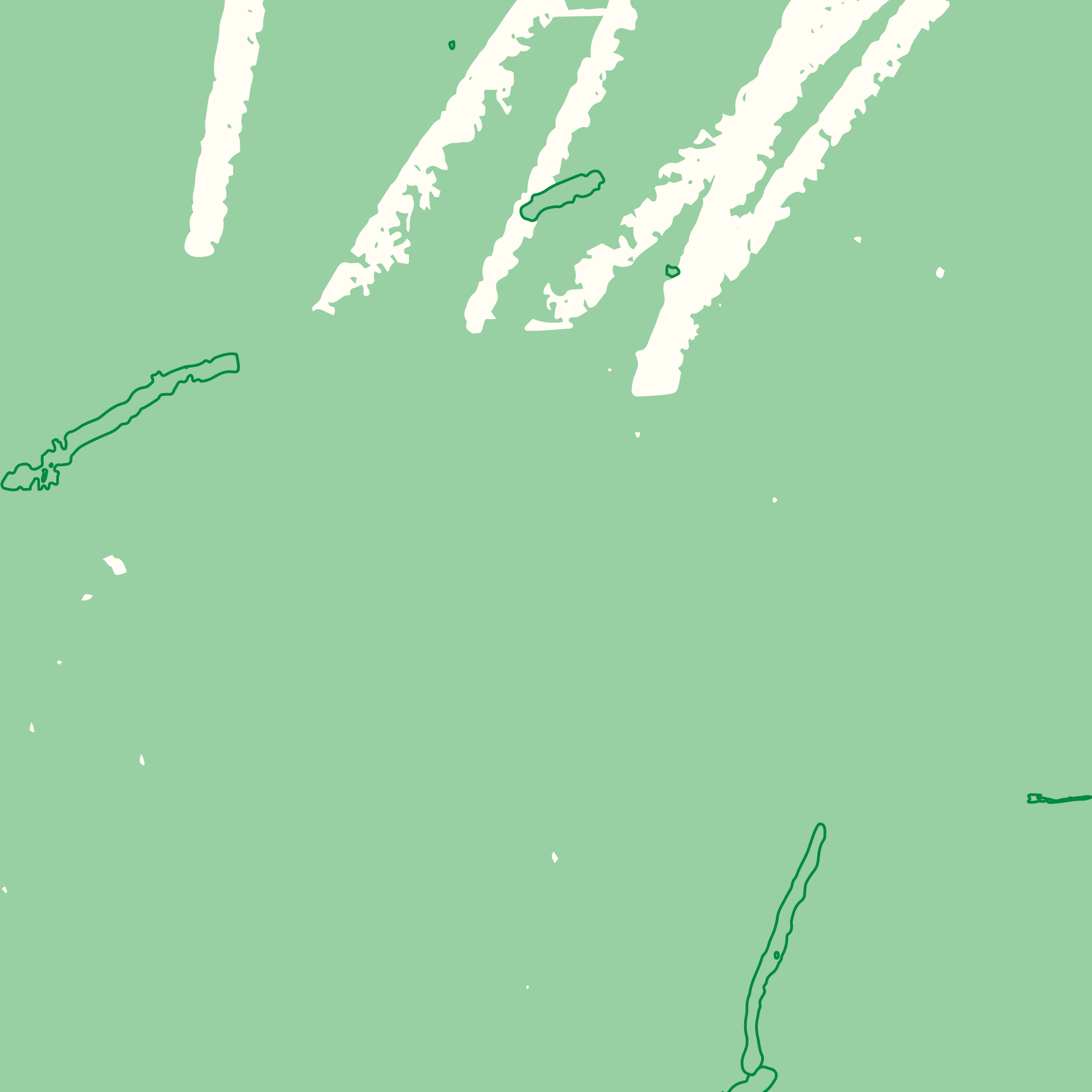
New Art Residency at Konstepidemin for cultural workers from Belarus
Publicerad den 4 februari, 2021

Nytt konstnärsresidens på Konstepidemin för kulturarbetare från Belarus
Publicerad den 4 februari, 2021

Ulyana Nevzorova
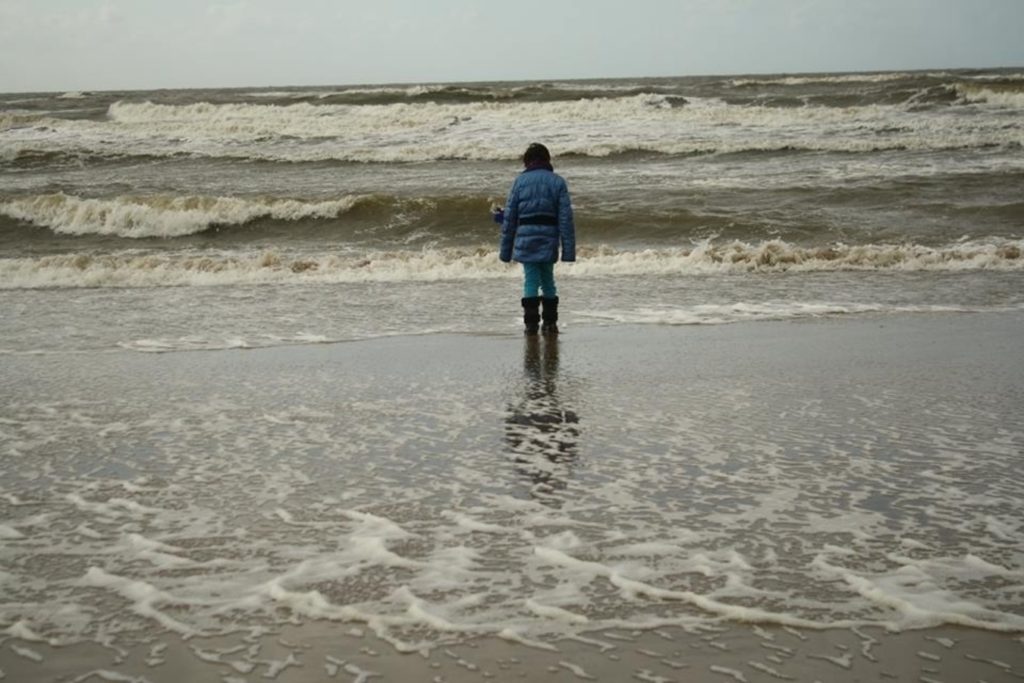
Olga Bubich
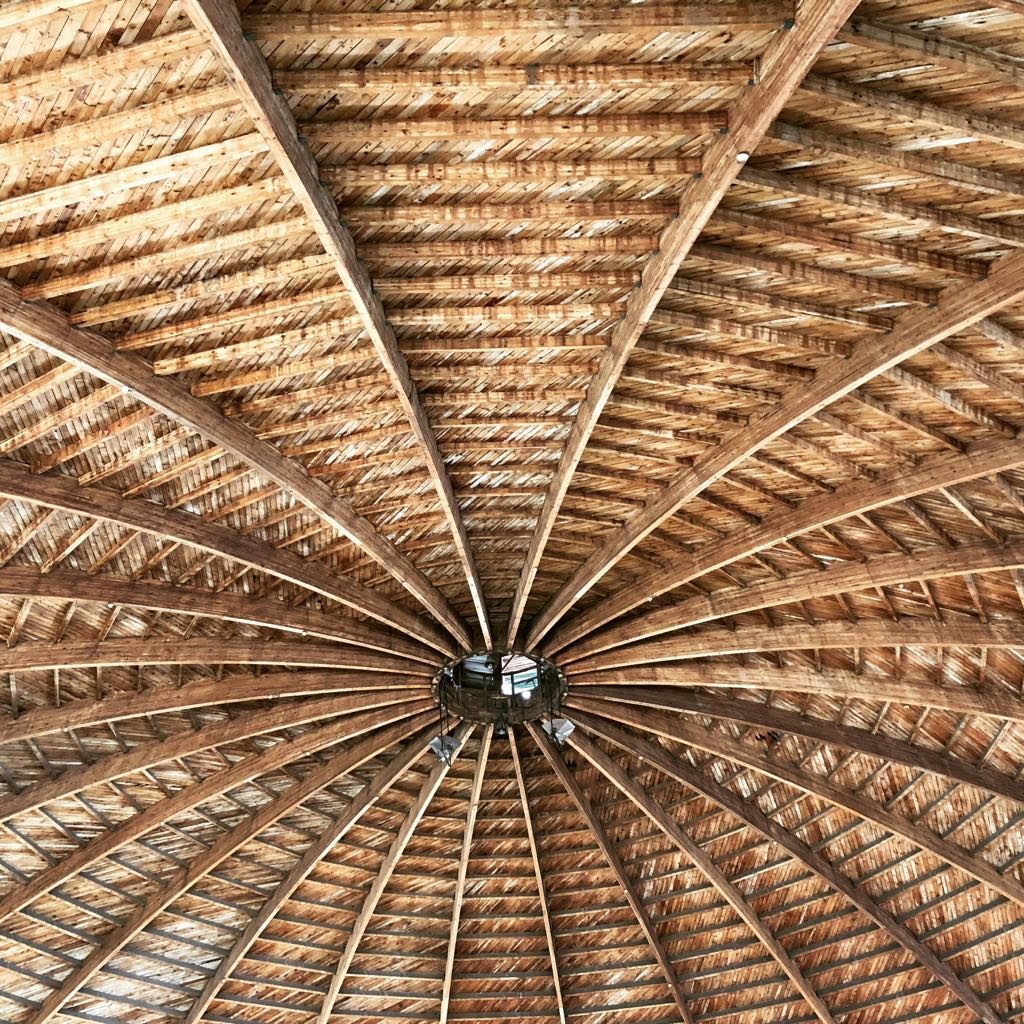
STATUS
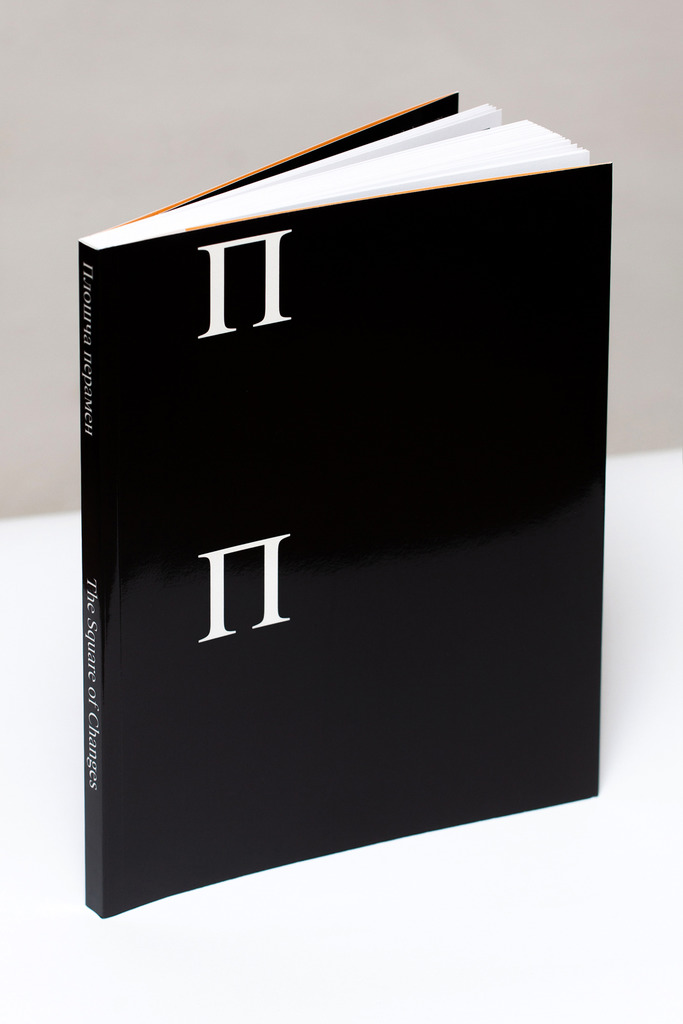
En plats mellan oss: Bokrelease, dokumentärvisning och samtal
16 oktober | 13:00 – 16:00
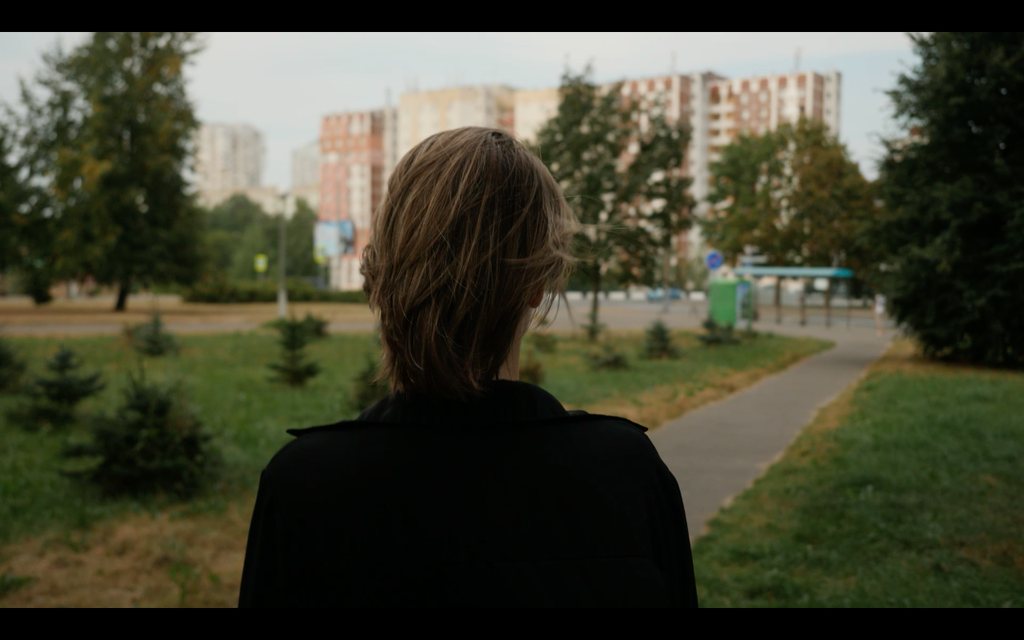
En plats mellan oss: Vernissage och samtal
6 oktober | 17:00 – 20:00
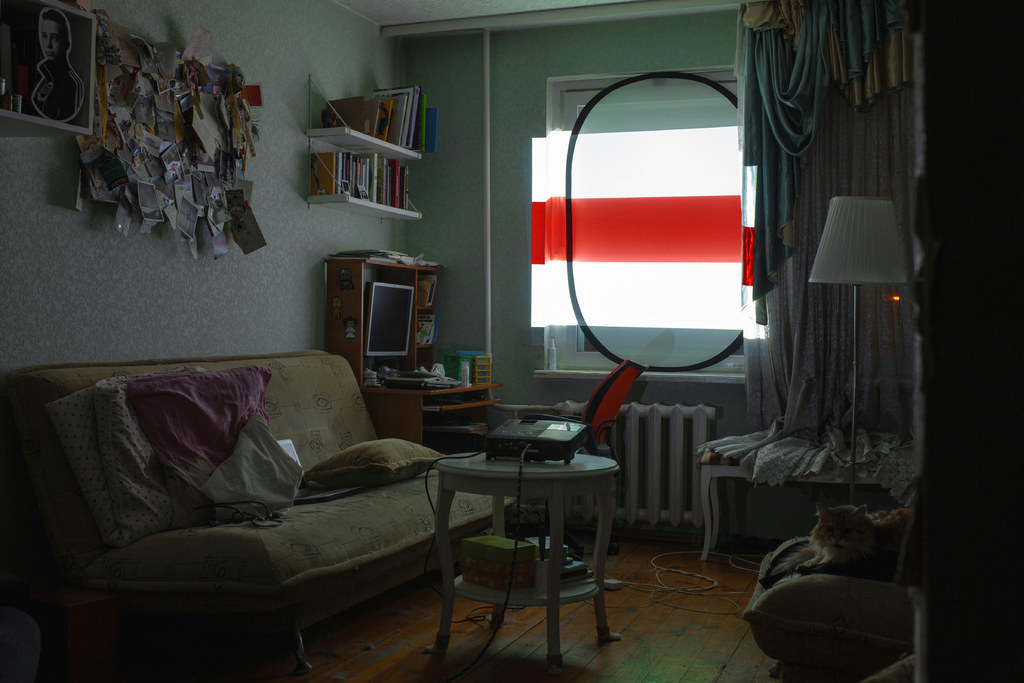
En plats mellan oss: Utställning från projektet STATUS
6 oktober – 23 oktober
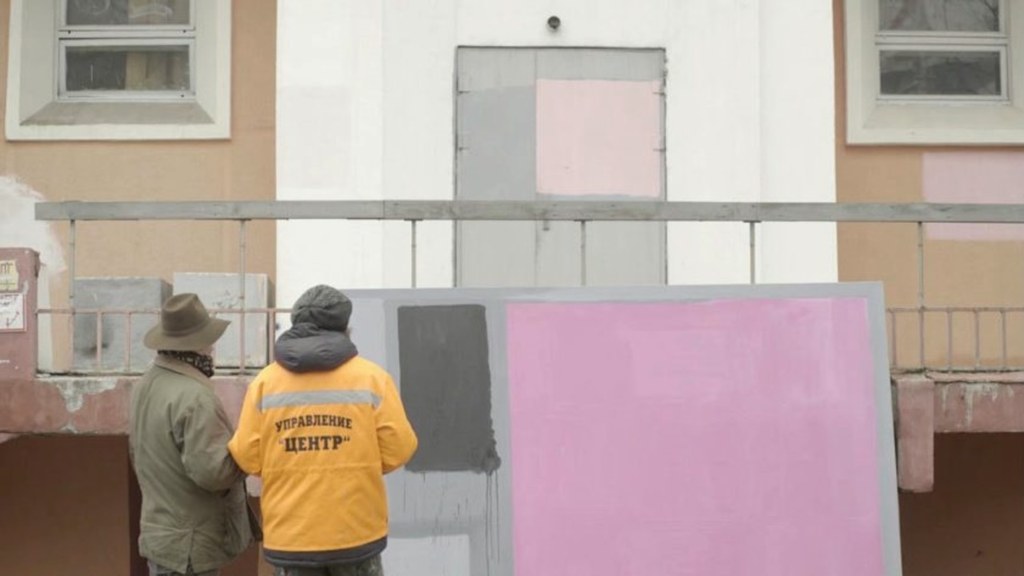
Pure Art – Konstepidemins STATUS-projekt på kortfilmsfestivalen Hagabion
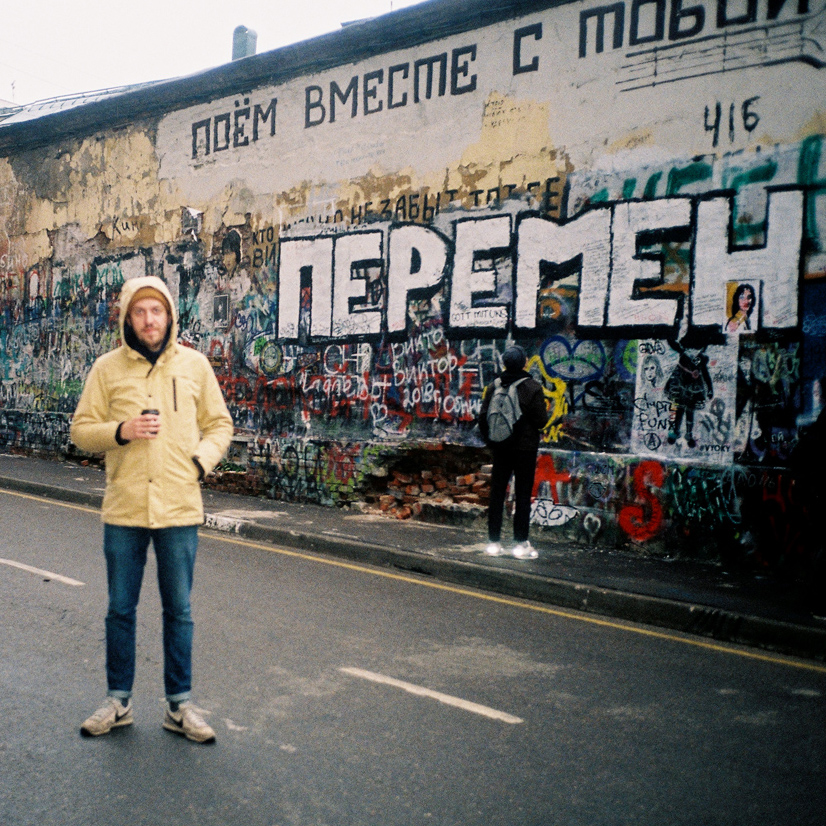
Open Studio: STATUS Residency Program
26 november | 18:00 – 20:00
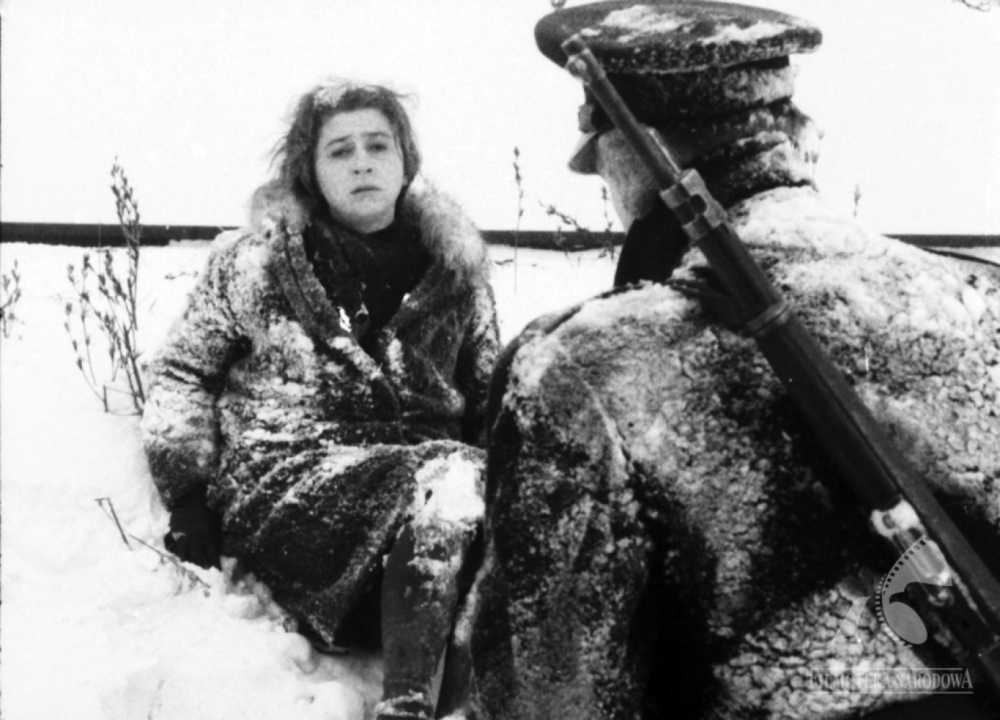
A room for forgotten voices: Joanna Preizner and Aksana Haiko with Sviatlana Haidalionak
24 november | 17:00 – 19:30

Artists' Corner: The Square of Changes
17 november – 20 november
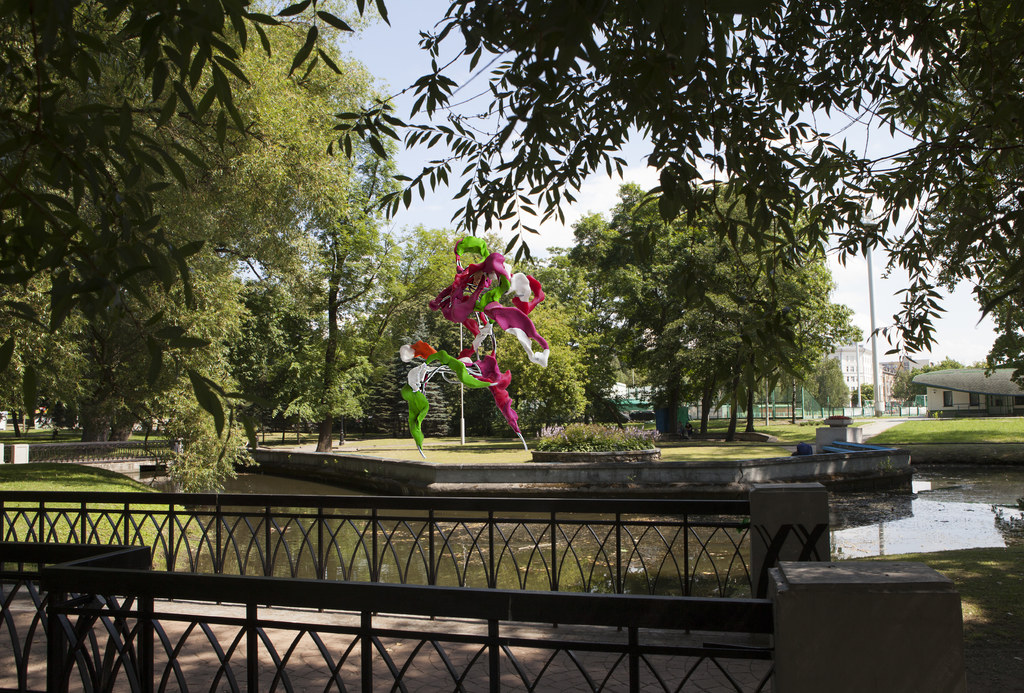
Artists' Corner: One Artist Story
10 november – 14 november
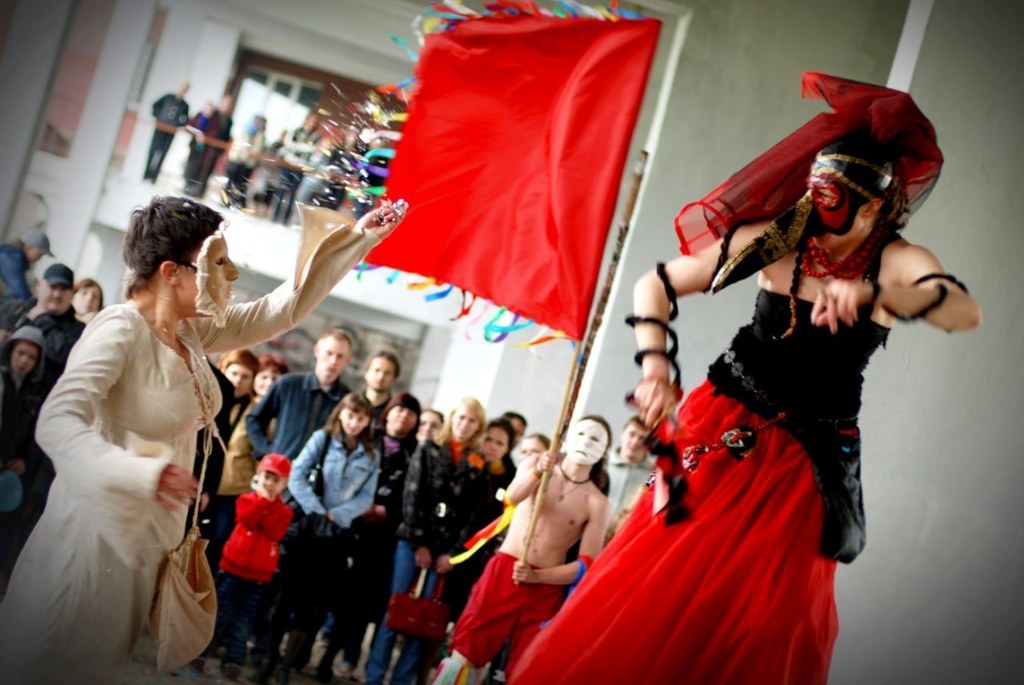
Konst som motstånd – en kväll om Belarus på Stora Teatern
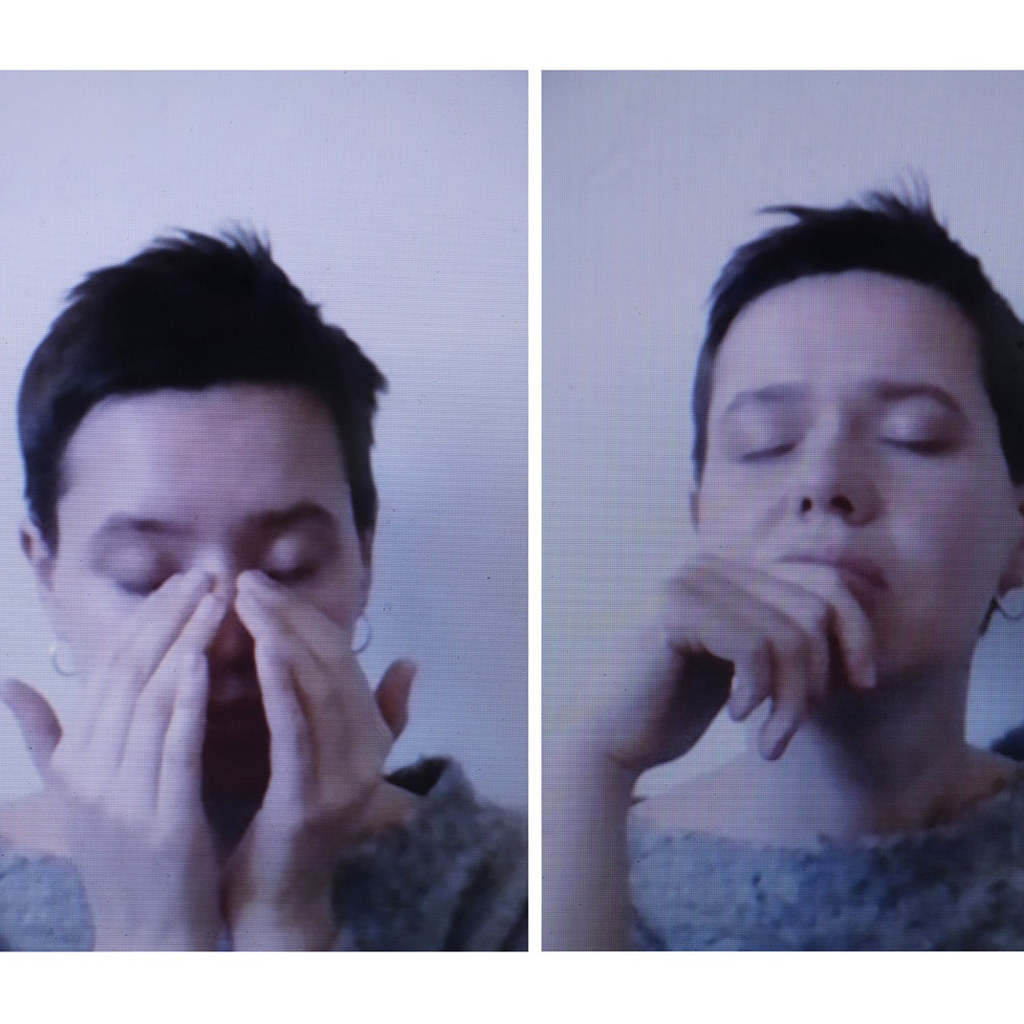
The Art of (not) Forgetting: Site-specific Installation & Artist talk
25 mars – 7 april | 07:00 – 18:00
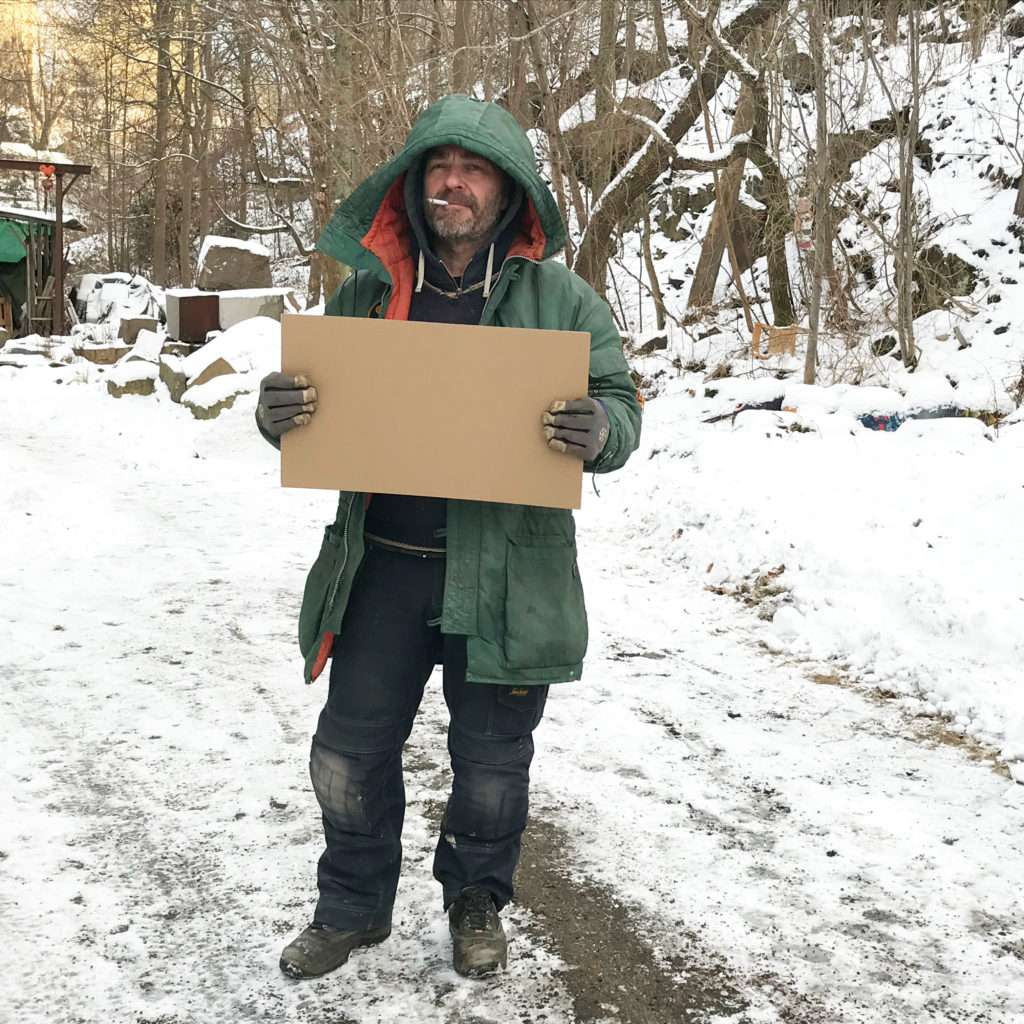
#ArtSolidarityBelarus – supporting artists in Belarus
5 februari – 28 februari
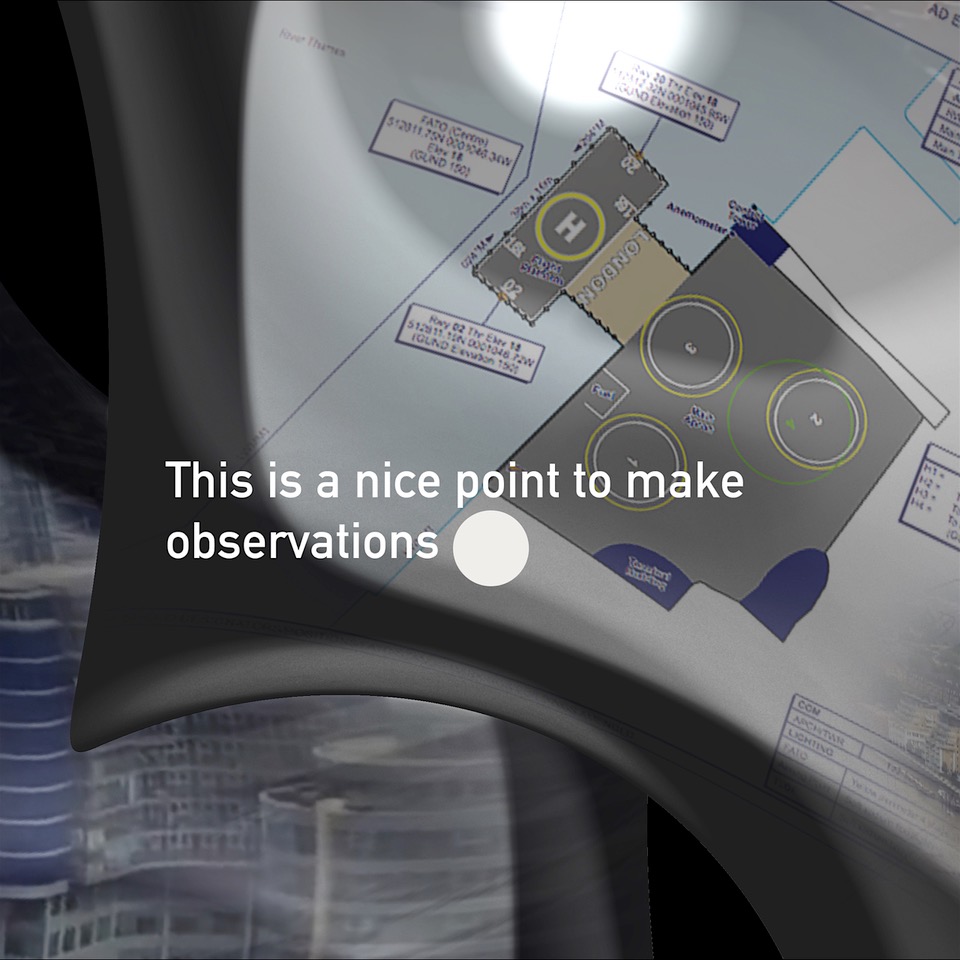
STATUS hos Ångpannegatans processer
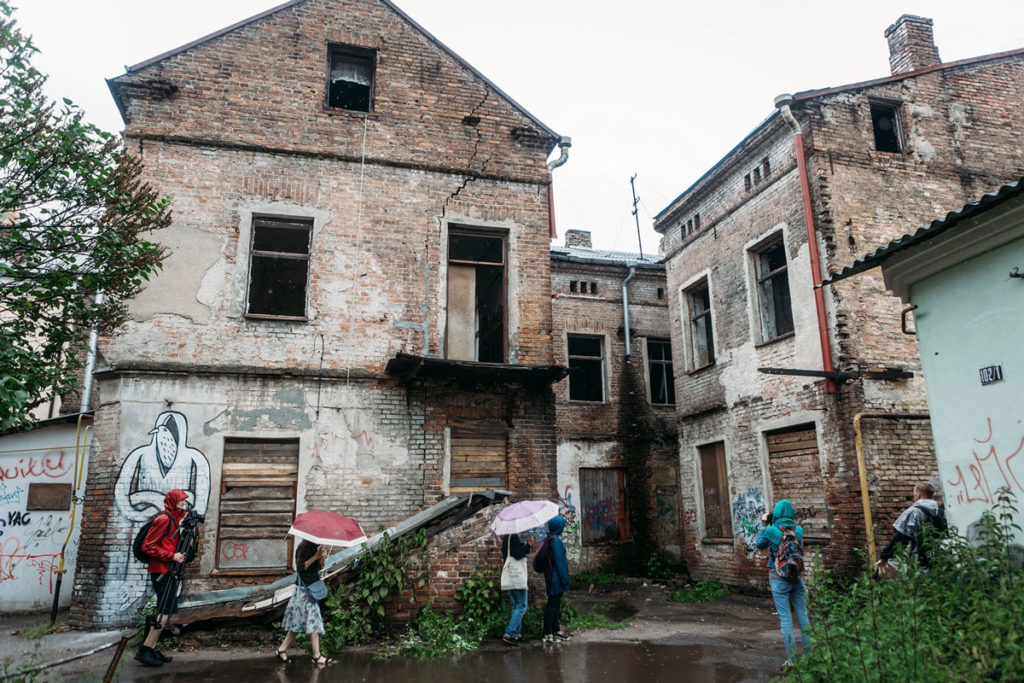
Status - Heritagization
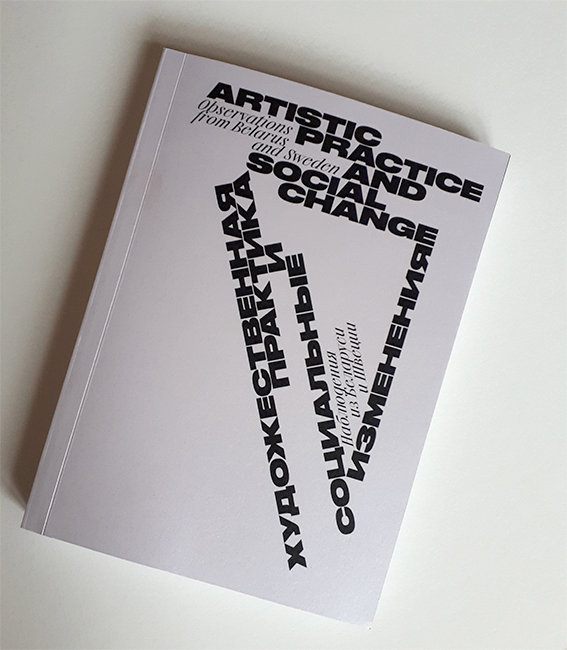
Artistic Practice and Social Change - Observations from Belarus and Sweden
9 januari | 17:00
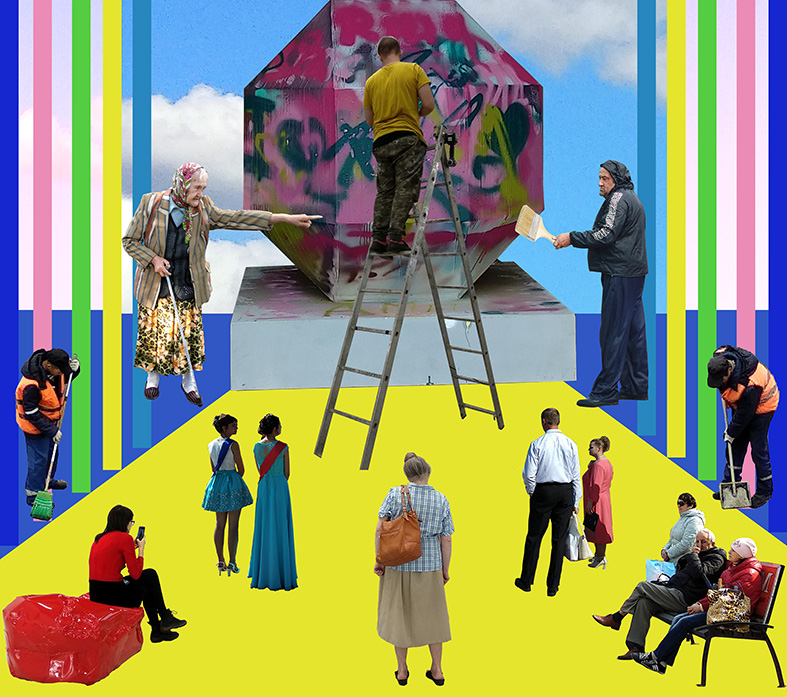
Vernissage STATUS - Artistic Practice and Social Change
9 januari – 12 januari
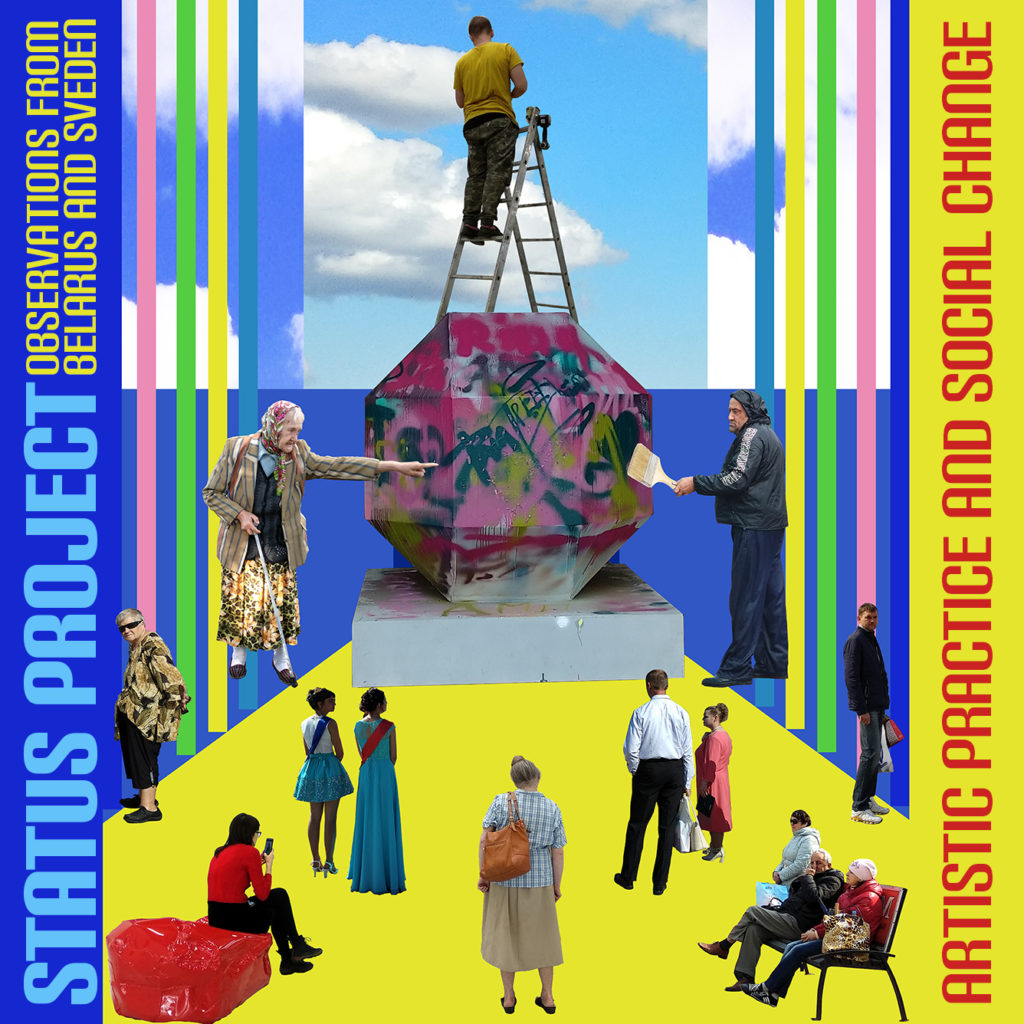
STATUS - Artistic Practice and Social Change
9 januari – 12 januari
